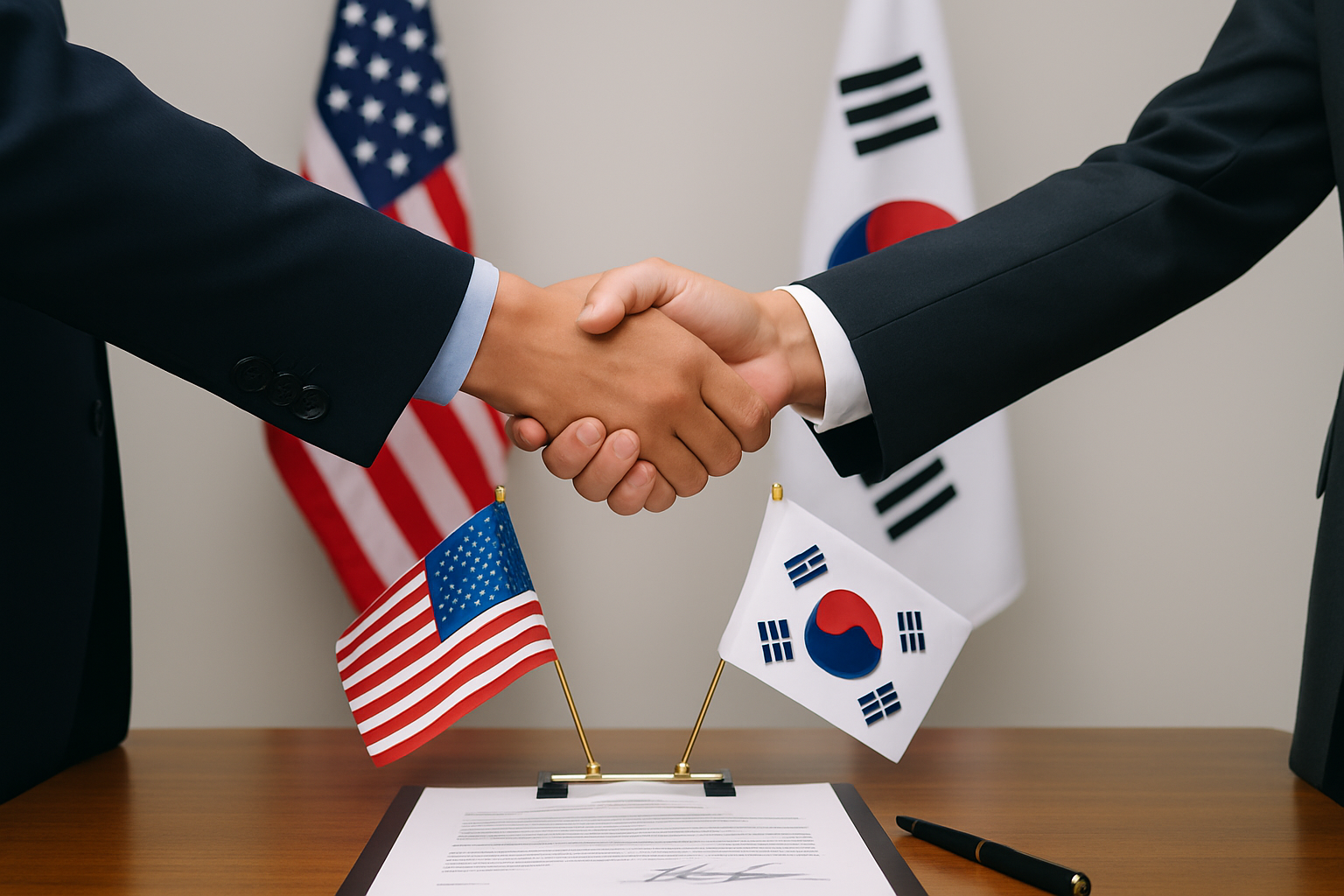South Korea to Invest $150B in Boosting U.S. Shipbuilding

South Korea has committed to a $150 billion investment aimed at revitalizing the U.S. shipbuilding sector, as part of a sweeping $350 billion bilateral trade agreement signed in Washington on Wednesday.
Touted as the largest Korean industrial investment ever made in the U.S., the initiative is designed to breathe new life into American shipyards and simultaneously give South Korean shipbuilders strategic access to the U.S. defense industry—widely regarded as the world’s most lucrative.
Finalized just before a key August 1 tariff deadline, the agreement establishes a “Make American Shipbuilding Great Again” program. Through this initiative, Korean capital will support the construction of both naval and commercial ships on American soil. It will also bolster domestic production of shipbuilding components, as well as services like maintenance, repair, and overhaul (MRO) for U.S. fleets.
The shipbuilding investment forms part of a broader $350 billion deal that also targets areas such as semiconductors, electric vehicle batteries, biotechnology, and renewable energy. In return, the U.S. has agreed to set a 15% cap on tariffs for autos and reciprocal goods, ensuring a more competitive market for Korean exports.
A similar pact involving U.S. and Japanese shipyards was finalized earlier in July.
South Korean President Lee Jae-myung hailed the agreement, writing on social media: “With this agreement, the government has eliminated uncertainty in the export environment and, by matching the US tariffs to be lower or at the same level as major competitor countries, has created conditions for us to compete on equal or superior terms with other major countries.”
President Lee and former U.S. President Donald Trump are expected to meet within two weeks to finalize and refine the terms of the trade deal.
In response to the announcement, shares of leading Korean shipbuilders—including Hanwha Ocean and HD Hyundai Heavy Industries—surged on Thursday amid optimism about expanded access to U.S. maritime programs.
Senior leaders from Korea’s top conglomerates, such as Hanwha Vice Chairman Kim Dong-kwan, Samsung’s Lee Jae-yong, and Hyundai Motor’s Chung Euisun, were present in Washington throughout the negotiations.
Let me know if you’d like a version tailored for a business audience or formatted for blog publication.